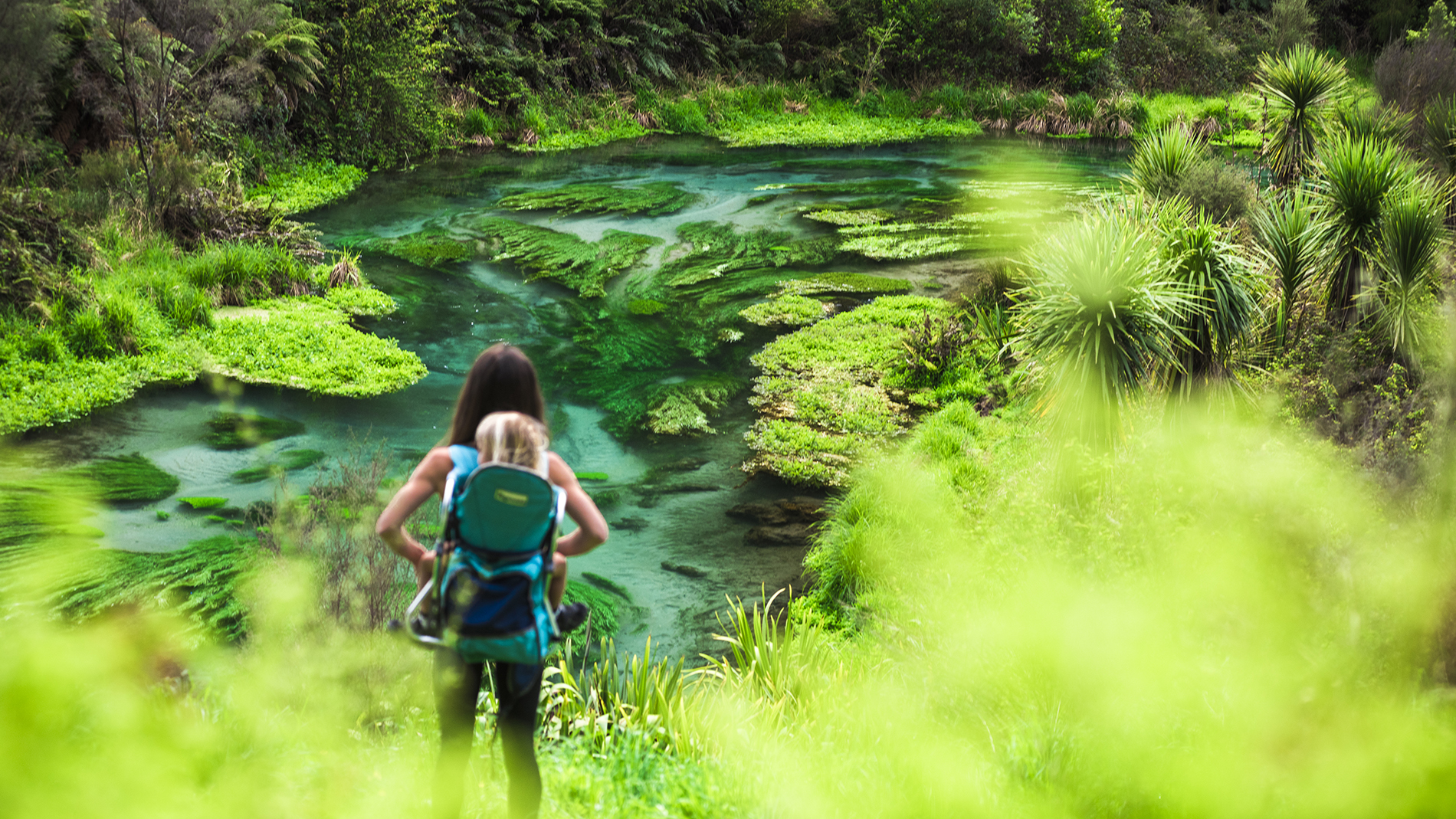Groundwater monitoring in the Waikato
Generally our region's groundwater quality is satisfactory, but in some areas it is contaminated with nitrates, pesticides, micro-organisms (bacteria) and seawater. There are also places in the region where the amount of water available for people to use is also under pressure.
Waikato Regional Council regularly monitors and reports on the quality and availability of our region's groundwater. We also get groundwater information from community groundwater supplies, investigations (chemical and microbial) and data provided through resource consent applications and compliance monitoring.
We have found that the most common chemical contaminants found in community water supplies with near or above the maximum acceptable values for drinking water are nitrate, arsenic, boron and metals produced from corroding pipes (for example, zinc and copper).
It’s natural to find high levels of arsenic and boron in geothermal areas (mainly Taupō), but nitrate contamination is the result of the way we use the land.
A table of our contaminant measures is at the bottom of this page. You can alos check out the national drinking water standards on the Te Whatu Ora website (online publications).
Indicators - summarising our monitoring results
What we measure
The table below lists the different contaminants we measure to determine groundwater quality in our region and their maximum acceptable values (MAVs) for drinking water.
| Contaminant | Drinking water MAV standard1 | Principal concerns |
|---|---|---|
| Nitrate | 50 mg/l (11.3 g/m3 as nitrate–N) |
Human health. Nutrient enrichment of rivers and lakes |
| Arsenic | 0.01 mg/l | Human and animal health |
| Boron | 1.4 mg/l | Human and plant health |
| Bacteria (indicators of disease–causing micro–organisms) |
Less than 1 in 100ml of sample | Human health |
| Pesticides | Chemical specific | Human and animal health |
| Hydrocarbons | Various | Human health and ecology |
| Synthetic organic chemicals | Chemical specific | Human health and ecology |
| Heavy metals | Metal specific | Human health and ecology |



